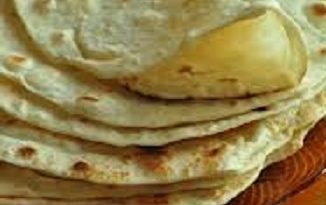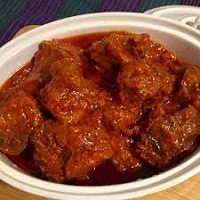Igbo Traditional Food System: A Rich Cultural Heritage
Igbo Traditional Food System: A Rich Cultural Heritage
The Igbo traditional food system is a vital part of the cultural identity and heritage of the Igbo people of southeastern Nigeria.

Rooted in centuries-old customs, agriculture, and community values, it reflects the people’s relationship with their land, environment, spirituality, and social life.
More than just sustenance, Igbo food culture is a celebration of life, a symbol of hospitality, and a medium for storytelling.
Igbo Traditional Food System:
1. Indigenous Farming and Ingredients
The foundation of the Igbo food system lies in subsistence agriculture, where families grow most of what they eat. The fertile lands of the southeast are ideal for crops such as:
- Yam – the king of Igbo crops, celebrated yearly during the New Yam Festival.
- Cassava – processed into garri, fufu, or abacha.
- Cocoyam, maize, plantains, and vegetables like fluted pumpkin (ugu), bitter leaf, okra, and waterleaf.
- Palm produce – palm oil and palm kernels are essential in Igbo cooking.
Animals such as goats, chickens, and fish (especially smoked or dried fish) are commonly raised or sourced for protein.
Igbo Traditional Food System:
2. Iconic Igbo Dishes
Traditional Igbo meals are hearty, flavorful, and often communal. Key dishes include:
- Ofe Nsala (White Soup) – a light pepper soup made with fresh fish or meat, often served with pounded yam.
- Ofe Oha (Oha Soup) – made with tender oha leaves and thickened with cocoyam.
- Ofe Onugbu (Bitterleaf Soup) – a bittersweet delicacy prepared with washed bitter leaves, stockfish, and assorted meat.
- Abacha and Ugba (African Salad) – a cold dish made from cassava flakes, often eaten with palm oil, ugba (oil bean), pepper, onions, and stockfish.
- Nkwobi – spiced cow foot served in a thick, flavorful sauce.
- Akpu (Fufu) – made from fermented cassava, often served with any of the rich soups.
- Moi Moi, Ukwa (Breadfruit), and Okpa (Bambara nut pudding) are also popular staples.
Igbo Traditional Food System:
3. Cooking Methods and Tools
Igbo traditional cooking relies on techniques that preserve flavor and nutrition:
- Open fire cooking using clay stoves or firewood.
- Smoking and sun-drying for fish and meat preservation.
- Use of mortar and pestle for pounding yam, peppers, and ogbono seeds.
- Clay pots and wooden utensils are still favored for the unique taste they impart.
4. Food and Social Life
Food in Igbo culture is not just for nourishment—it plays an essential role in ceremonies and social gatherings:
- Naming ceremonies, weddings, funerals, and festivals are marked by generous servings of traditional dishes.
- Kolanut is offered as a symbol of peace and hospitality.
- Palm wine is the customary drink at traditional events, especially during bride price negotiations and family gatherings.
5. Spiritual and Seasonal Relevance
Food is intertwined with spirituality in Igbo life:
- Igbos prepare certain foods during rituals, festivals, and ancestral offerings.
- The Iri Ji (New Yam Festival) is a sacred annual event celebrating the harvest and giving thanks to the gods and ancestors.
Igbo Traditional Food System:
6. Evolving Yet Rooted in Tradition
While modern lifestyles have introduced fast food and fusion dishes, many Igbo homes and communities still uphold traditional cooking and eating practices.
Elders pass down recipes orally, and local markets remain central to the community’s food supply.

Conclusion
As global interest in African cuisine grows, preserving and celebrating this rich culinary heritage is both a cultural duty and a delicious journey into the heart of Igbo identity.



Pingback: Igbo Food Culture: Traditional Dishes, Staple Foods, and Their Cultural Meaning - Nnewi City